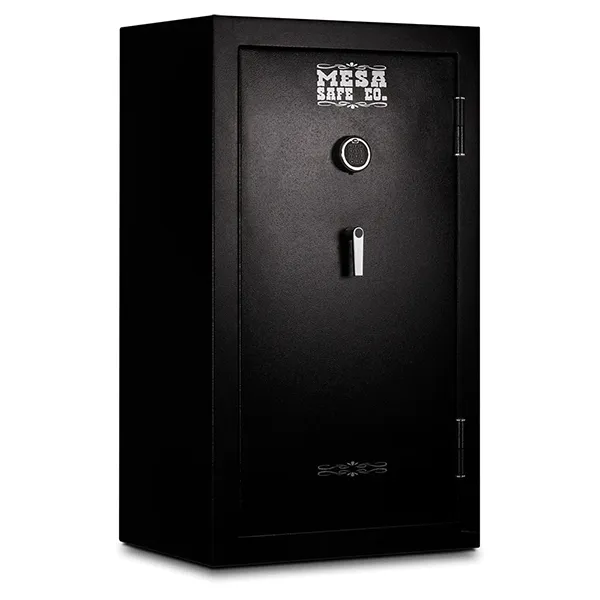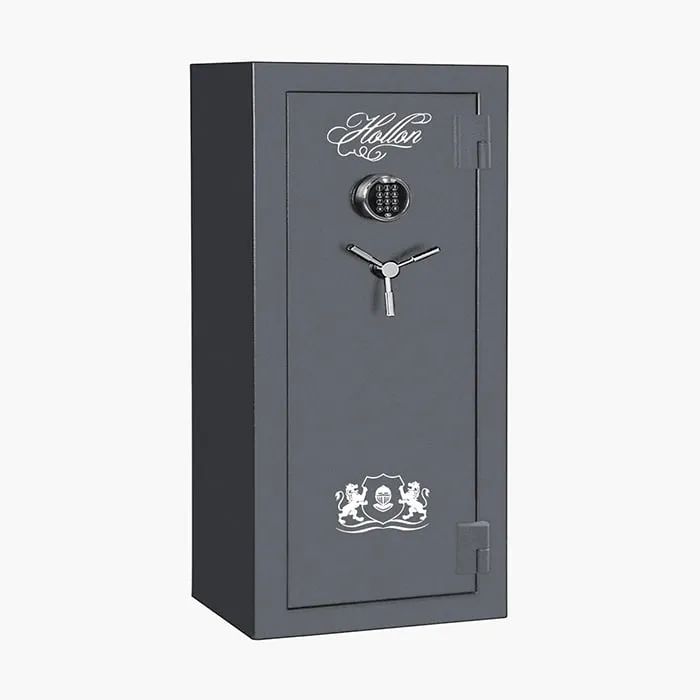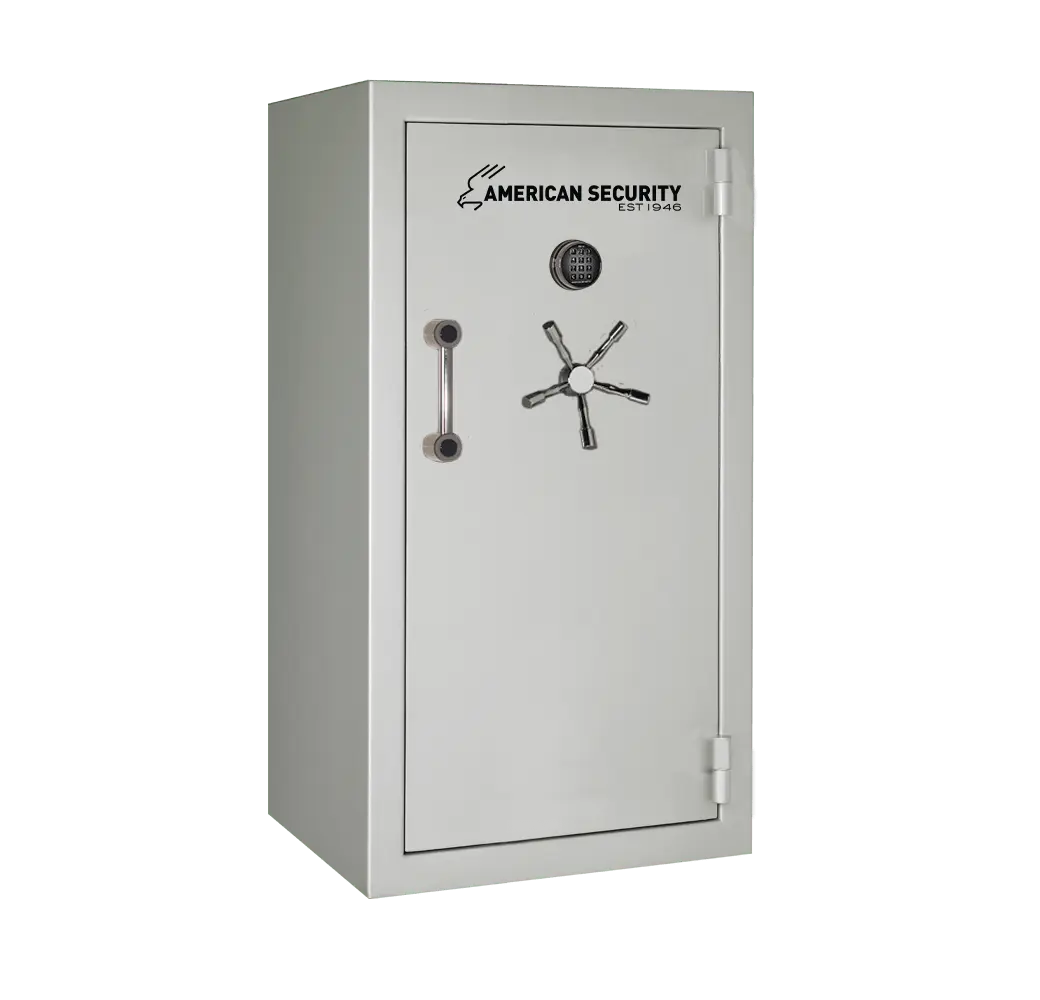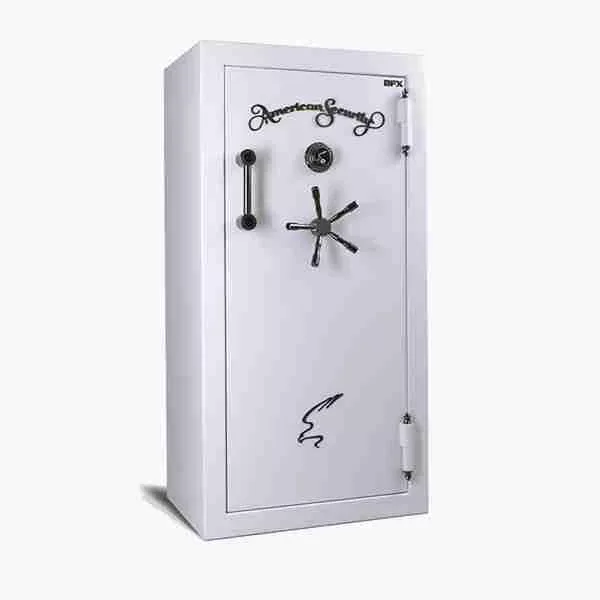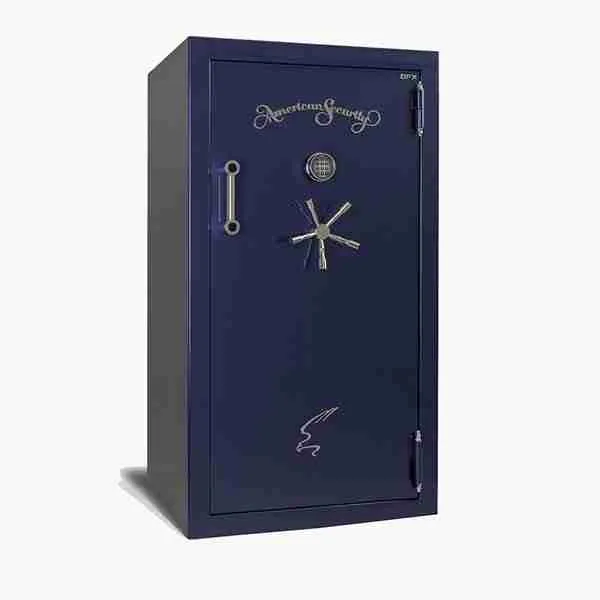Gun Laws in Idaho: What You Need to Know
The state of Idaho has some of the most relaxed gun laws in the nation. While this may be appealing to gun owners, it’s important to understand the risks associated with these laws. In this blog post, we’ll discuss Idaho’s gun laws and what you need to know to stay safe.
Idaho has a grade of “F” when it comes to gun safety, according to the Giffords Scorecard. This means that the state is lacking in many basic gun safety protections and has weakened its gun laws in recent years. As a result, Idaho has the 26th highest gun death rate among the states. It also supplies crime guns to other states at the 20th highest rate and exports crime guns more than two times as many as it imports.
Gun safety laws in Idaho
When it comes to background checks, Idaho requires mental health record reporting. However, it does not have universal background checks, gun owner licensing, extreme risk protection orders, domestic violence gun laws, assault weapon restrictions, large capacity magazine bans, concealed carry permit, open carry regulations, or child access prevention laws.
It is important to note that Idaho does not have any laws regarding waiting periods or gun sales. This means that anyone can purchase a gun without having to wait a certain amount of time. It is also important to be aware of the state’s hate crime law, which prohibits the possession of a firearm if the individual has been convicted of a hate crime.
When it comes to gun safety, Idaho does have some laws in place. For example, firearm owners are required to maintain records of all firearms and report any lost or stolen guns. There are also laws regarding child access prevention and safe storage. Additionally, there are restrictions on the types of guns and ammunition that can be purchased in the state.
Finally, it is important to understand the state’s gun laws when it comes to carrying firearms in public. Idaho allows concealed and open carry of firearms, but there are restrictions on where you can carry them. For example, guns are not allowed in schools or government buildings. Additionally, there are laws regarding stand your ground and location restrictions.
Idaho’s gun laws may not be as strict as other states, but it is important to stay informed. By understanding the state’s gun laws, you can ensure that you are staying safe and complying with the law.
Safe storage law and age requirement
Idaho’s child access prevention and safe storage laws focus on firearms at foster homes, which must be stored unloaded and equipped with a trigger lock, unassembled and inoperable, locked in a cabinet or storage container inaccessible to children, or locked in a gun safe inaccessible to children. Parents at a children’s residential care facility must also keep their firearms unloaded and equipped with trigger locks, and stored under lock and key and inaccessible to children. Ammunition must also be stored under lock and key, separate from firearms and inaccessible to children.
The age requirement for the purchase or possession of firearms in general, individuals must be 21 years of age or older to purchase a handgun, and 18 years of age or older to purchase a rifle or shotgun from a licensed firearms dealer. However, certain exceptions exist for active duty military, law enforcement, and private security personnel.
Learn more about Idaho‘s Gun Laws.
